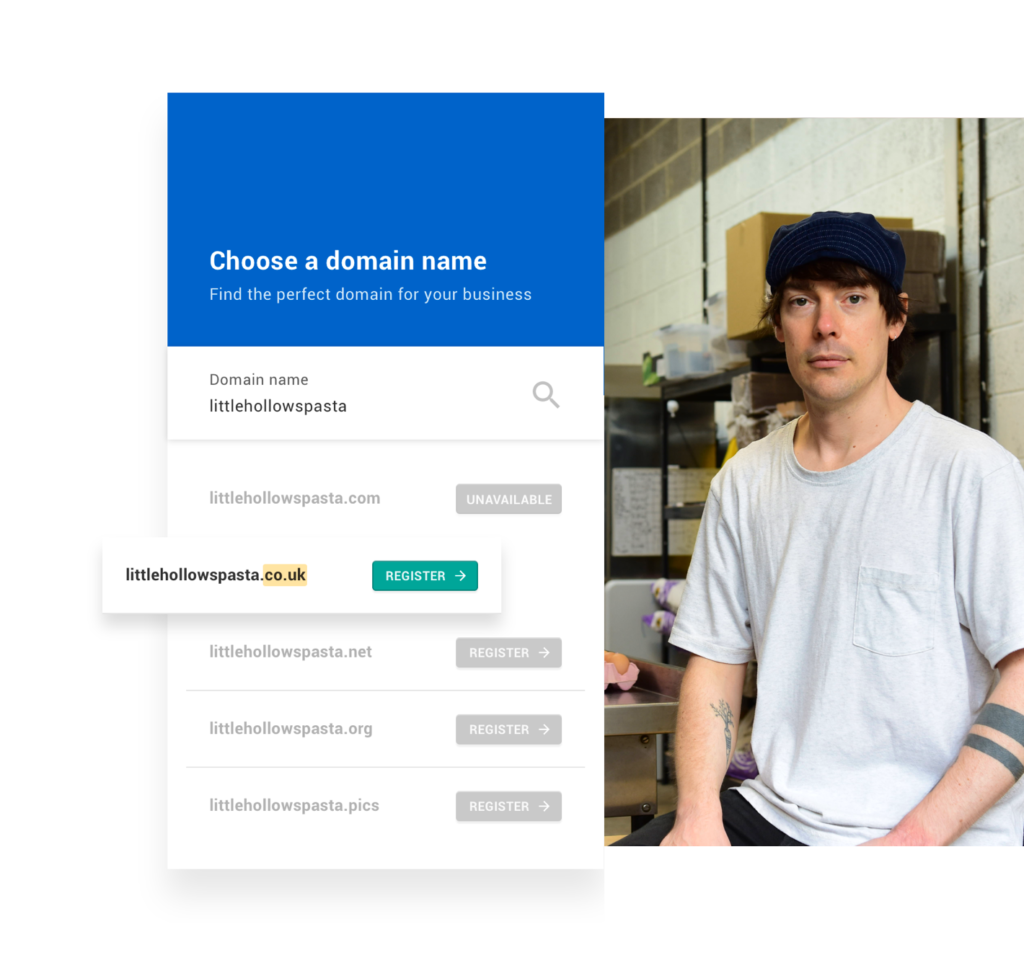Innovation is important if you want to get a new business off the ground or grow an existing one. This means a great deal of time, effort and expense can go into ‘Research and Development’ to find the next big thing. However, it leads to one of the biggest worries for owner-managers and executives. ‘What if someone steals my business idea?’
This can be a particular concern for start-up enterprises. Having found a great niche or product, you will definitely need a website to promote it. Once the website goes live, your competitors and any potential ‘copiers’ can instantly see what it’s all about.
Business and intellectual property rights
If your innovation is particularly groundbreaking – or protecting your business ideas is essential for your success – then seeking legal advice is often best. Specialists in such matters as patenting and copyright can help you to attach protections to your ideas, including Trademarks to ensure no one can replicate your brand identity too closely.
All of this costs money though, and budgeting to protect ideas to this extent should be part of your initial business plan.
Be prepared!
If you feel the above is unnecessary or too expensive, there are still things you can do to help protect your ideas. For example, it’s important to be ready to start trading before your website goes live. Get your business operations as far along as possible, before you reveal any of the detail online.
You could always design and build your website with Go Sitebuilder in the meantime, as a prototype, and then make it public when the time is right. The beauty of this is, you can start selling and making connections before anyone else can use your website information to mimic you! It keeps you ahead of the competition!
Care in website wording
Tips for protecting new business ideas include being careful with your website content. You need to say enough to grab and hold the attention of potential customers, without revealing sensitive corporate information. For example, you may not want to reveal your supplier details, or even announce tie-ups with clients! It’s the sort of intel rivals can use to undermine you. Also, the thinking process behind your start-up or its products may be something you keep ‘close to your chest’.
Getting your house in order
To some extent, your website could be the easiest way to control information about your new company, product or service. Especially when you create it yourself using Go Sitebuilder.
To protect your ideas you should also consider such things as non-disclosure agreements with suppliers, clients and staff. Also, data compliance and control is not just about meeting your legal obligations. Cybersecurity measures can make sure that important business information remains private within your new venture.
If you haven’t started building your website yet or you’re still looking for the right tool for you, check out our free trial of Go Sitebuilder. You won’t need any previous technical knowledge as Go Sitebuilder has been created with busy small business owners in mind – you can even build it on your mobile phone!










